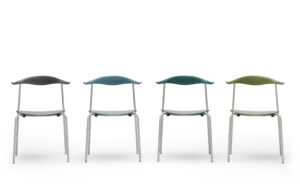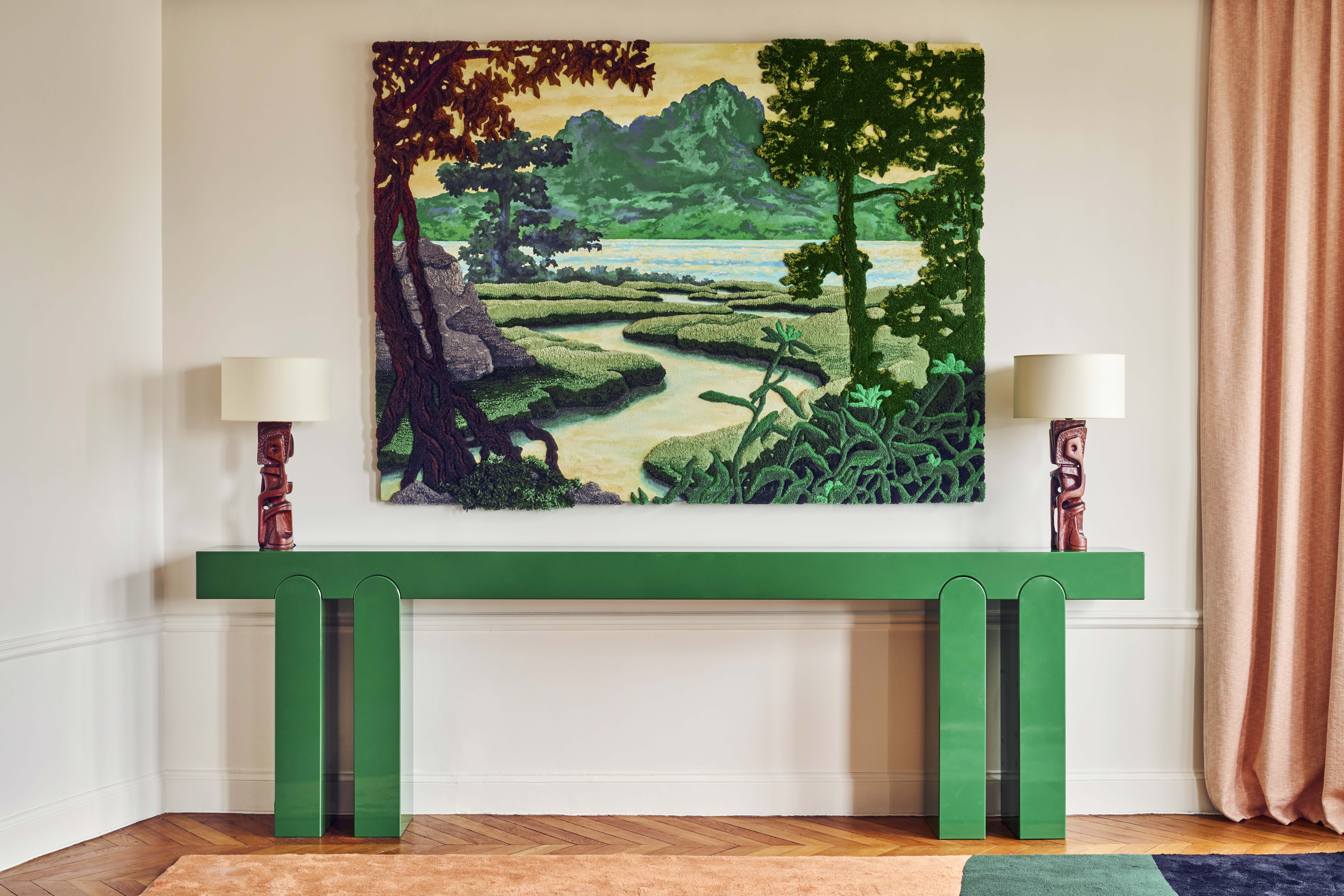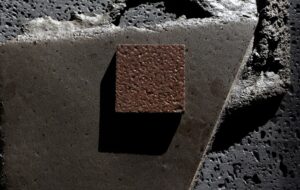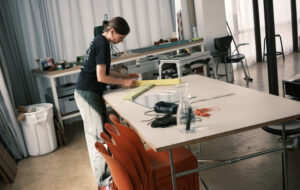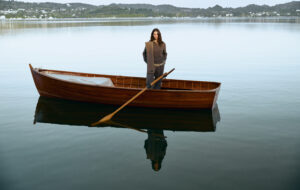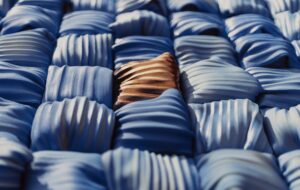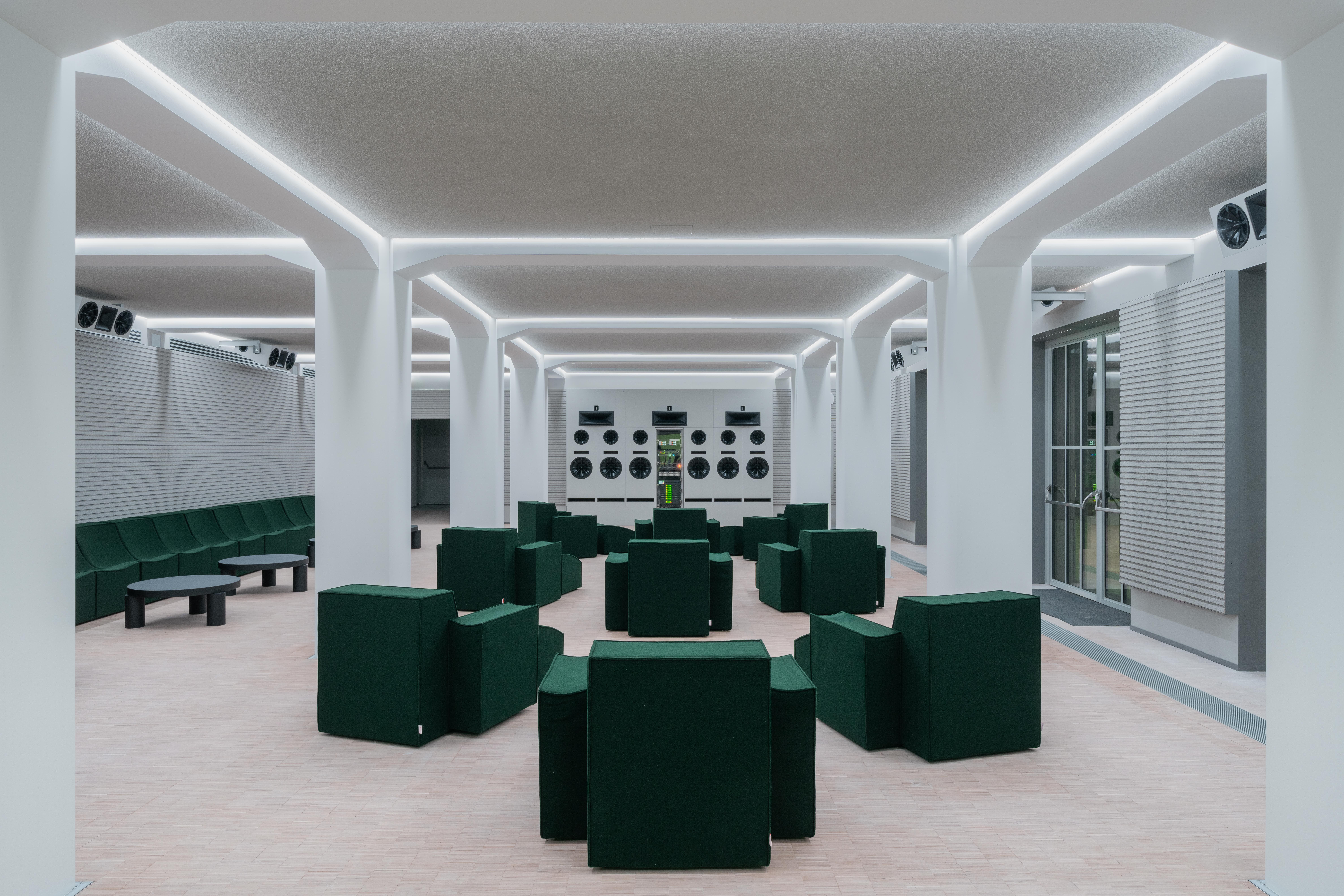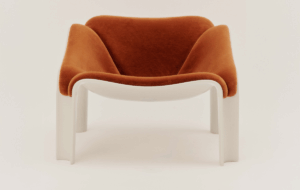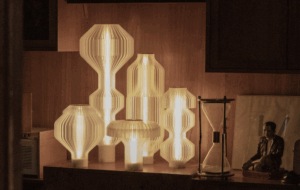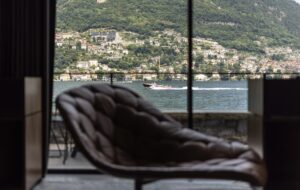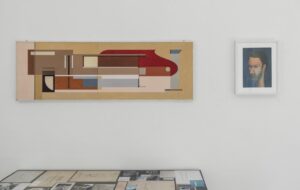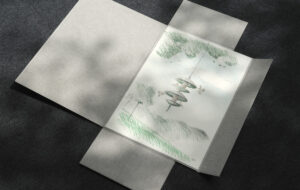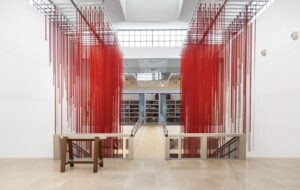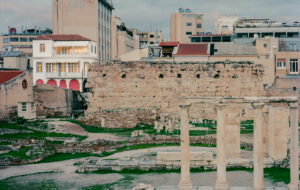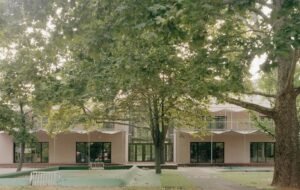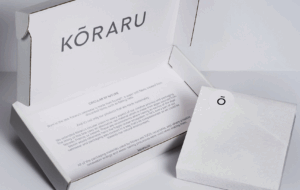

words Marcus Fairs
There are still large parts of the island of Mallorca that are free of tourist development; where wild mountains rise above almond orchards and where black pigs rummage in the cold March sun; where farmers with accents so thick a Spaniard would struggle to understand them play cards in spartan bars and are suspicious of strangers.
Safe behind a high stone wall in the pastoral countryside outside the village of Alaró is a 16th-century farmhouse called Son Forteza. Three years ago, Spanish architect Rafael Moneo converted this cluster of buildings into a monastic retreat for Camper, the shoemaker that has become a global brand but which remains resolutely Mallorcan in its outlook.
“Camper is a very contradictory brand,” says Miguel Fluxa, son of Lorenzo, the company’s founder and owner, speaking in Son Forteza’s austere and chilly meeting room. “We are based here but we sell very urban products. We are part of globalisation but we get our values from the Mallorcan countryside. We use design not only to create products but also to communicate and give opinion.”
Camper, which celebrates its 30th anniversary this summer, defines itself as a design brand rather than a fashion one, and expresses its personality in quixotic ways: the walls of its store in Bond Street, London, for example, were recently daubed with a hand-written history of donkeys and its advertising campaigns have featured photos of old cars in garages.
Fluxa junior – a bookish 27 – is in charge of brand diversification at Camper (which means “peasant” in the local dialect) and has just overseen the opening of two typically idiosyncratic new projects: Foodball, an organic fast-food take-away joint (icon 020) and Casa Camper, a hotel (icon 022), both of which are a short hop across the sea in Barcelona.
“We don’t know anything about food or hotels,” says Fluxa, explaining that the company wanted to diversify but was not interested in the usual brand channels of perfumes, watches or accessories. The concept is that by providing food and shelter as well as clothing, Camper is supplying the three most basic human needs.
“The idea [behind Foodball] is quite simple. We are very much into organic food and organic farming. The idea is to make fresh, local, seasonal food at a reasonable price, so you can take it away, but made in a slow way.”
Foodball sells organic, wholemeal riceballs stuffed with a variety of fillings. It’s an entirely new type of food, “between onigiris [a Japanese rice sandwich] and tapas,” says Fluxa. The outlet – designed by oddball Catalan Martí Guixé – has no chairs or tables; customers either take the food away or sit on the bank of steps inside the store. All the packaging is biodegradable and corn and cane-starch film is used instead of plastic.
“We will open more,” says Fluxa. “But it will probably take some time. Our slogan is ‘walk, don’t run’, so we are not in a hurry.”
While the restaurant venture is new, Camper has a longstanding connection with the soil. Itowns a vast tract of farmland around Son Forteza, where it runs an organic farming school. Fluxa leads me down a track between orange groves to a field where an experiment in micro-farming is under way; onions, lettuces and other vegetables are being cultivated in tiny plots.
The idea is to encourage struggling Mallorcan farmers – who presently sell their produce at knock-down prices to wholesalers – to go organic and sell direct to the public at higher prices, thereby stemming the gradual abandonment of the land in favour of more lucrative employment in the tourist industry, which accounts for around 90% of the island’s GDP. Each year, 20 million tourists descend on a 3,640 sq km island, which has a population of just 346,700.
Camper also funds urban farming projects for disadvantaged children in Argentina, London, Barcelona and New York. “We’re trying to share our values with society,” says Fluxa, after tugging up a clutch of sweet-smelling onions. “Mallorca has become very rich in a very short space of time through tourism, but this is destroying local values.”
Camper’s hotel, which opened this spring, was designed by Fernando Amat – a long-time Camper collaborator (he designed the company’s first store) and owner of cult Barcelona design shop Vinçon. “We didn’t have any help from the hotel industry,” says Fluxa. “We could have worked with a hotelier but it would have ended up just another brand hotel. We thought it was more interesting to do it ourselves.”
Casa Camper is an attempt to create a hotel that feels like home. It has just 24 suites – each with two rooms, one either side of the corridor. The first is a space for activities – eating, meeting or watching television – while the other is for rest, containing the bed and bathroom. There is no restaurant, but a 24-hour buffet provides “ten ten pie” – tapas style snacks that guests can consume in their rooms. “It’s a very simple hotel,” says Fluxa.
Camper plans to open another hotel, this time in a derelict farm building a few hundred metres from Son Forteza, next year: this one will be designed by Rafael Moneo and will have just six rooms.
Safely back behind Son Forteza’s substantial walls, Fluxa tells the history of the company. “My father started it in 1975 but the origins go back to 1877, when my great-great-grandfather founded Spain’s first shoe factory on the island,” says Fluxa. “He went to England – nobody knows why – and came back with some equipment. He started to make formal shoes.”
“Then my father created Camper in 1975. The idea was to incorporate design into the company. Spain had just come out of the dictatorship of Franco and Camper introduced casual shoes into Spain. The first shoe – the Camaleon – was inspired by a Mallorcan peasant shoe, made out of used tyres, waste leather and canvas from carriages.” At the time, Spain was a deeply conservative nation – “Some of our clients wouldn’t accept it,” Fluxa says – but Camper foreshadowed the explosion of creativity that would later put the country, and particularly Barcelona, on the map.
Camper began opening stores outside Spain in the mid-1990s but remained an impenetrable organisation: members of the founding family rarely give interviews (I am only the second journalist ever to visit Son Forteza) and generally refuse to be photographed. Yet it became clear it needed to develop a clear brand identity to compete with well-funded global fashion brands.
It found its direction through a chance encounter with a young creative called Shubhankar Ray who was appointed creative director five years ago. It is an unlikely pairing; cosmopolitan and voluble, Ray had worked in London and New York for Levi’s and Caterpillar, overseeing the former’s development of own-brand stores and the latter’s diversification into leisure wear.
Ray, who was born in Calcutta and brought up in Middlesbrough, discovered the brand while on holiday in Mallorca. “I thought it had the potential of Apple,” he says, speaking at Camper’s sterile design offices in the nearby town of Inca, his accent a mixture of Indian consonants and northern vowels. “There’s something friendly about it; I thought it was slightly idiosyncratic and had more to do with industrial design than fashion.
“Also, they weren’t based in London or New York, but Mallorca. I thought there was a psychogeographical impact of the location on the brand. But the image was not really international standard.”
Ray left a message for company founder Antonio Fluxa, saying he’d like to meet up: “A secretary called back and said he had been dead for 20 years but the current owner, Lorenzo, would meet me.”
Somehow, Ray’s conceptual word-pictures struck a chord with Fluxa, who took him on. “I asked to be put up in an old finca in the hills to get same psychogeographic effect,” Ray says. “I started to look at what was in this culture. They’re not confident with outsiders; there are fences everywhere. They’re insular, spartan. There’s a reluctance to waste money.”
“I started photographing the countryside, the farmers playing a card game called ‘truco’ [in which the idea is to deceive your opponent]; people on Vespas; horse-trap racing where the horses aren’t allowed to run. I started to define another Mallorca – one that wasn’t about tourists getting drunk on the beach. Locals would say to me: ‘We’ve never seen this Mallorca before.’ ”
Ray’s previous work had all been about globalisation and the urban; he began to conceive of Camper as the opposite: local and rural. “I developed the concept of the walking society called ‘walk, don’t run’. It was the opposite of what I’d been doing before, which was all about going faster.”
The result was a series of advertising campaigns that presented unexplained snapshots of island life and employed the slogans “the walking society” and “walk, don’t run”. “It was a mindstyle rather than a lifestyle,” Ray says.
Reading through the psychobabble, it’s clear that Ray has identified something about both the brand and the island that was always there but had not been defined before. “It’s an unusual way of building a brand – maybe the wrong way,” he admits. “Maybe they could have doubled the size of their business if they’d done something else. But it was about having a unique position. “It’s been helpful to position them as a Mediterranean brand – a non-American brand.”

